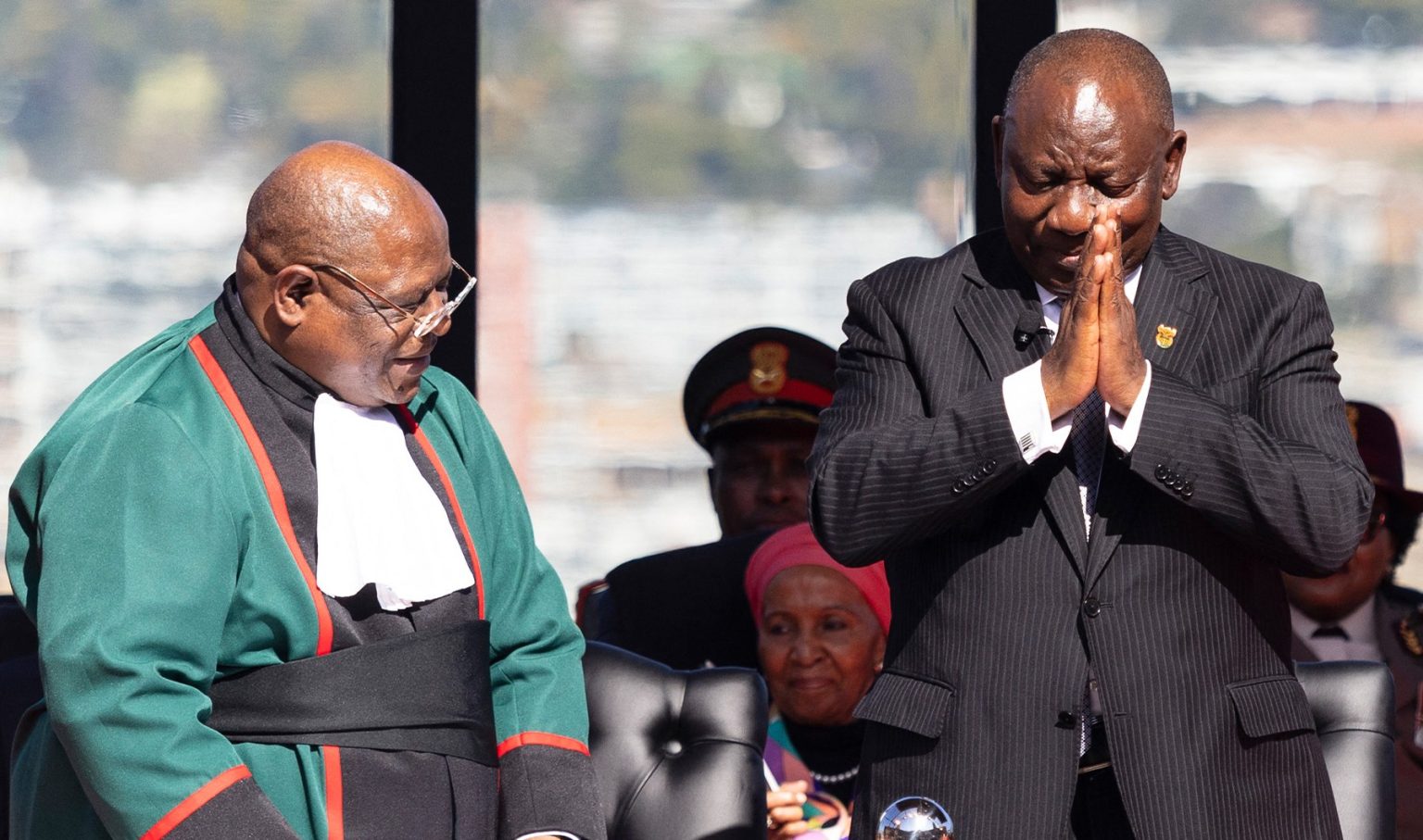South Africa’s President Cyril Ramaphosa has begun his second full term in office after being sworn in despite his party, the ANC, failing to secure a majority in parliament. This marks a significant shift in the country’s political landscape, as Ramaphosa will now lead a coalition government. In his inauguration speech, he called for unity and cooperation among political parties to address the challenges facing the nation, signaling a new era in South African politics.
Ramaphosa’s second term comes at a crucial time for South Africa, as the country continues to grapple with numerous social and economic challenges. The coalition government will have to work together to address issues such as high unemployment rates, systemic corruption, and ongoing racial tensions. Ramaphosa has vowed to tackle these issues head-on and work towards building a more inclusive and equitable society for all South Africans.
The formation of a coalition government signals a shift in South African politics, as it brings together parties with differing ideologies and priorities. This new era of cooperation could potentially lead to more effective governance and decision-making, as different perspectives and ideas are considered in the decision-making process. However, it also presents its own set of challenges, as parties will need to find common ground and work together towards common goals.
In his inauguration speech, Ramaphosa emphasized the importance of unity and collaboration in moving South Africa forward. He called on all political parties to set aside their differences and work towards a shared vision of a better future for all citizens. This message of unity and cooperation will be crucial in the coming years as the coalition government faces the daunting task of addressing the myriad challenges facing the country.
Ramaphosa’s leadership will be closely watched in the coming years as he navigates the complexities of leading a coalition government. His ability to bring together different parties and stakeholders to work towards common goals will be tested, as will his commitment to addressing the pressing issues facing South Africa. The success of the coalition government will ultimately depend on the ability of all parties to work together and find mutually beneficial solutions to the country’s most pressing problems.
As South Africa enters this new era of coalition government, there is both hope and uncertainty about what the future holds. The challenges facing the country are significant, but the opportunity for positive change is also present. Ramaphosa’s second term in office will be defined by his ability to lead a diverse coalition government towards a more prosperous and equitable future for all South Africans. Only time will tell if this new era of cooperation will lead to meaningful change and progress for the nation.













